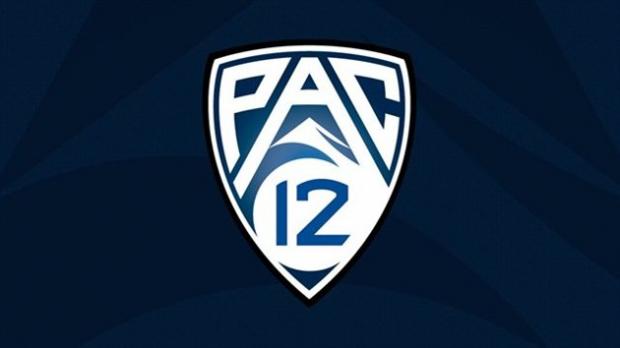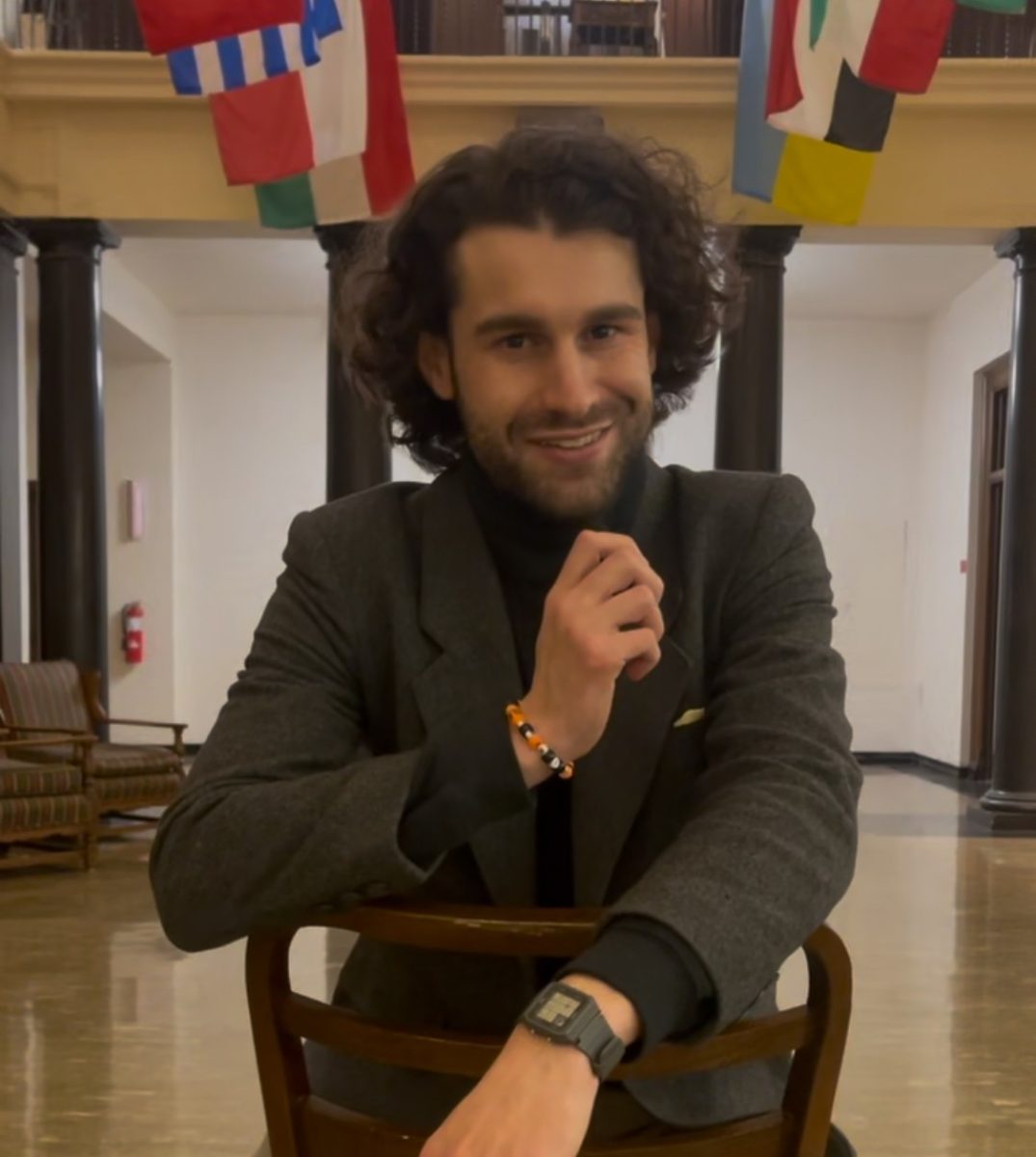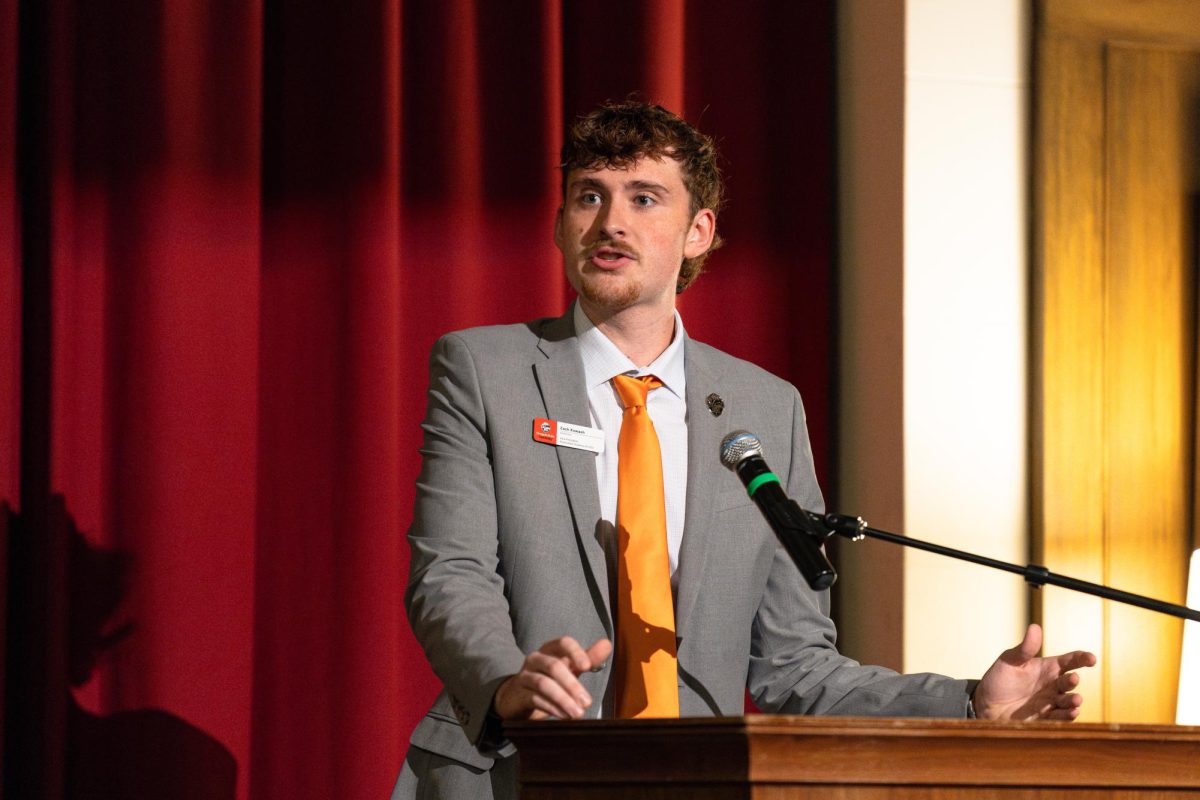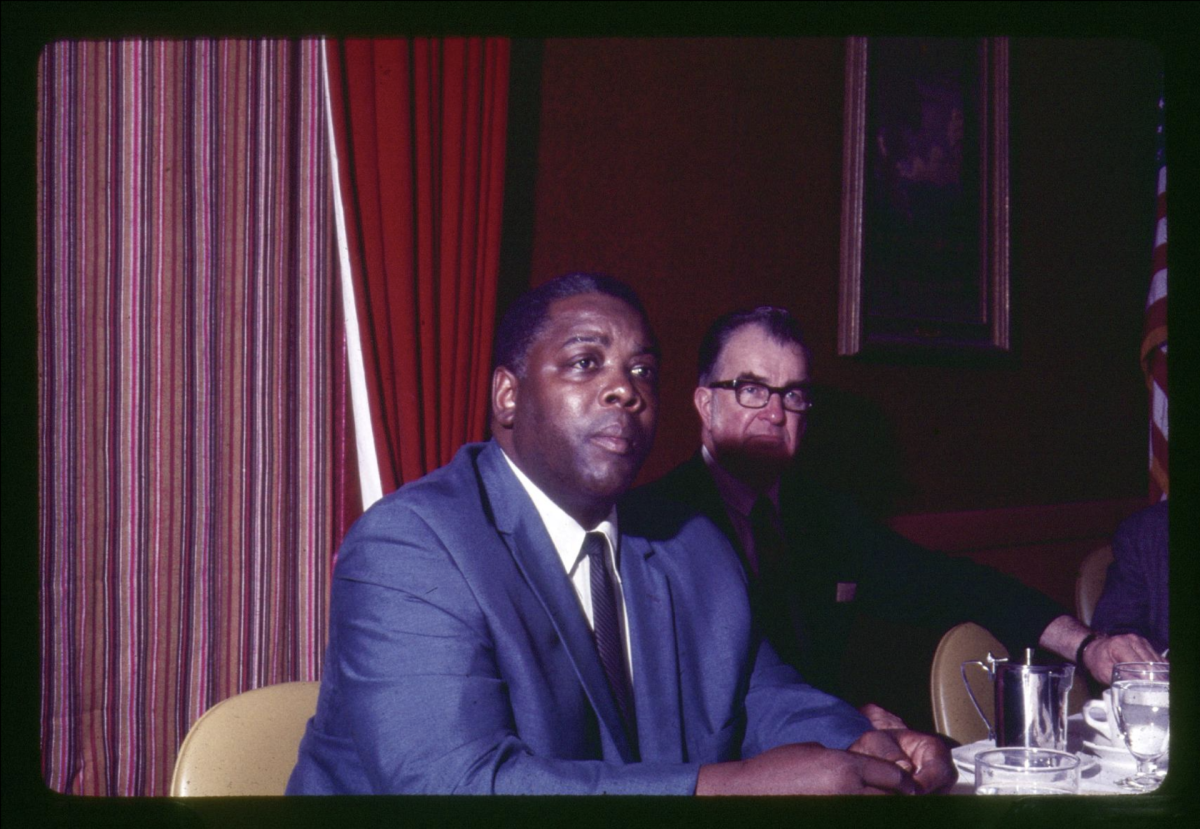The University of Colorado Boulder announced a move back to the BIG-12 Conference on Thursday afternoon after spending the past 13 years as a member of the PAC-12 Conference.
Before Colorado’s move to the PAC-12 Conference in 2010, they were one of the prominent founding members of the BIG-12 Conference (including its time as the BIG-8 Conference) in 1996. Including the time Buffaloes won a National Championship in 1990 during their tenure in the BIG-8 Conference.
Colorado’s move to the BIG-12 Conference comes on the heels of the University of Southern California and the University of California Los Angeles announcing that they are leaving the PAC-12 Conference for the BIG-10 Conference in 2024.
Since the announcement of USC and UCLA leaving the PAC-12 became official, the Buffaloes had been linked to a potential move back to the BIG-12 Conference since last summer, including meeting with the BIG-12 Conference back in May.
With all moves finalized to join new athletic Conferences, the three schools are set to finish their final athletic seasons in the PAC-12 Conference in 2024. How this will affect OSU after the 2024 season remains to be seen, as there is much to sort out with which school will be replacing Colorado, USC, and UCLA, as well as what the financial situation would be for a new television deal for the PAC-12.
The departure of Colorado from the PAC-12 would come after the conclusion of the 2024 season, which would coincide with the end of the PAC-12 television deal. This would mean that Colorado would not have to pay an exit fee to leave the PAC-12 Conference.
Both Oregon State President Jayathi Murthy and Director of Intercollegiate Athletics Scott Barnes each issued statements Friday morning reaffirming OSU’s commitment to staying a member of the PAC-12 Conference.
“Oregon State Athletics trusts that the Pac-12 will secure a media rights deal that will strongly benefit the institutions that are remaining loyal to this conference. All of us at Oregon State will continue to work hard and diligently to continue the long-term membership and success of our athletic department at a national level,” Barnes said.
Murthy echoed similar sentiments to Barnes, stating that OSU is united in its shared values with the remaining members of the PAC-12 Conference and supporting student athletes’ academic and athletic excellence.
In a separate statement to the OSU community, Murthy added that CU’s decision to leave for the BIG-12 Conference doesn’t impact Oregon State’s commitment to the PAC-12 Conference.
“In today’s rapidly changing environment, the realignment we are experiencing in national intercollegiate athletics is not unexpected.” Murthy said, “Please know that we, along with other Pac-12 members, are proactively managing these changes, and our OSU team is working effectively to safeguard OSU’s interests while advocating for the continued strength and vitality of the Pac-12 Conference as a whole.”
Both BIG-12 Conference presidents and chancellors unanimously approved the move of Colorado in a meeting on Wednesday night. The University of Colorado Board of Regents also unanimously approved the move back to the BIG-12 Conference in a meeting on Thursday afternoon.
The PAC-12 CEO Group and athletic directors also held a meeting on Thursday afternoon to discuss their remaining options with the move of Colorado back to the BIG-12 Conference, according to former Oregonian sports writer John Canzano. They’ll likely look at new schools for expansion opportunities and current media-rights options.
Before approving the move back to the BIG-12 Conference on Thursday, Colorado Athletic Director Rick George and Chancellor Phil DiStefano told reporters last week that the goal was to stay members of the PAC-12 Conference, according to ESPN’s Pete Thamel.
However, less than a week after the PAC-12 Conference media day, DiStefano and George issued a joint statement officially announcing the move of Colorado to the BIG-12 Conference.
In the statement, both DiStefano and George cited the same reasons for joining the BIG-12 conference that both USC and UCLA did with their move to the BIG-10 Conference, which includes resources such as increased TV revenue, exposure opportunities to wider audiences, and resources from the conference.
According to Thamel, the Buffaloes have had unhappiness with the PAC-12 Conference for a while which stretches back to the tenure of former PAC-12 Conference Commissioner Larry Scott and now to current PAC-12 Conference Commissioner George Kliavkoff.
Both George and DiStefano have expressed frustration with the PAC-12 Conference not being able to present and put together a new media deal ahead of the expiration date of the current media rights deal. The remaining nine member schools of the Conference have still yet to be presented with numbers for a new media deal, according to ESPN’s Heather Dinch.
The move of Colorado to the BIG-12 Conference now brings the membership to 13 schools in the Conference, with more schools expected to join, according to Brett McMurphy. Colorado’s admittance into the BIG-12 Conference, the school will receive approximately $31.7 million from the new BIG-12 Conference TV deal with both ESPN and FOX Sports.
The next moves from the PAC-12 conference in the coming days are currently unknown as they look to keep the remaining nine members in the conference while navigating crafting a new media rights deal and minimizing the impacts of now three schools leaving the Conference in 2024.



















































































![Newspaper clipping from February 25, 1970 in the Daily Barometer showing an article written by Bob Allen, past Barometer Editor. This article was written to spotlight both the student body’s lack of participation with student government at the time in conjunction with their class representatives response. [It’s important to note ASOSU was not structured identically to today’s standards, likely having a president on behalf of each class work together as one entity as opposed to one president representing all classes.]](https://dailybaro.orangemedianetwork.com/wp-content/uploads/2025/03/Screenshot-2025-03-12-1.00.42-PM-e1741811160853.png)





























